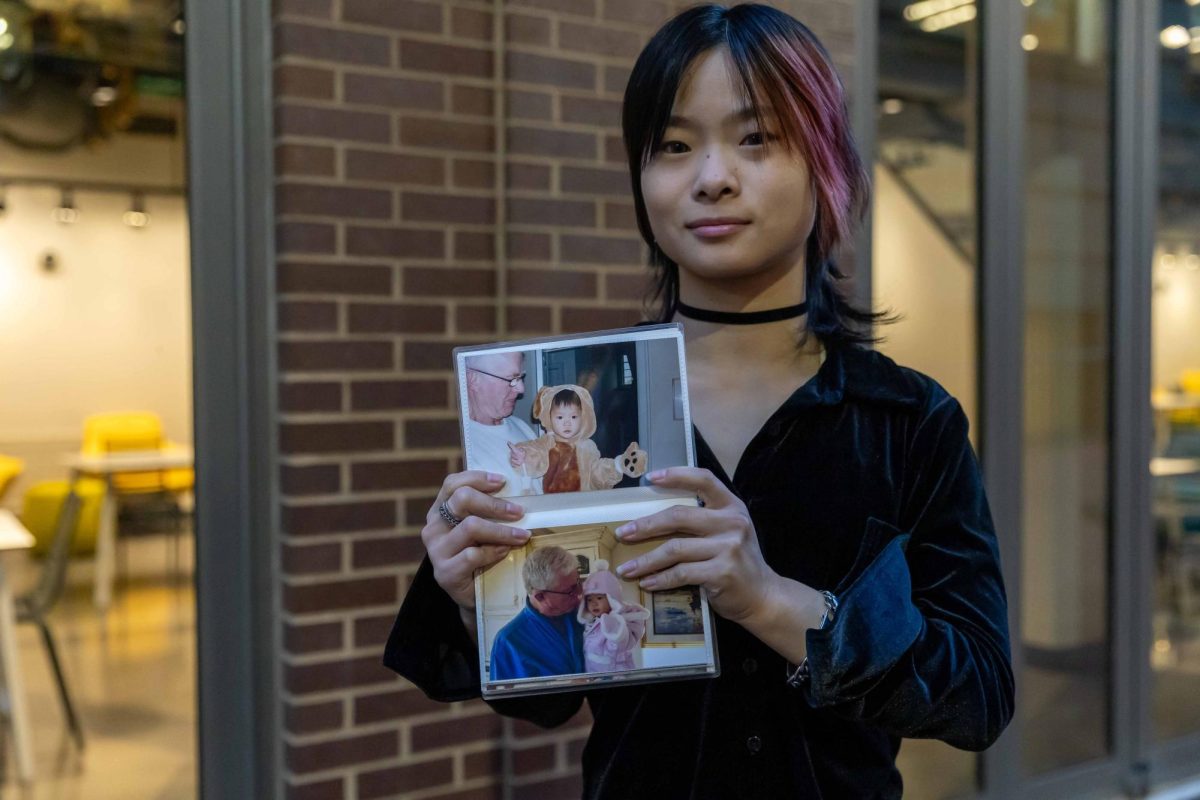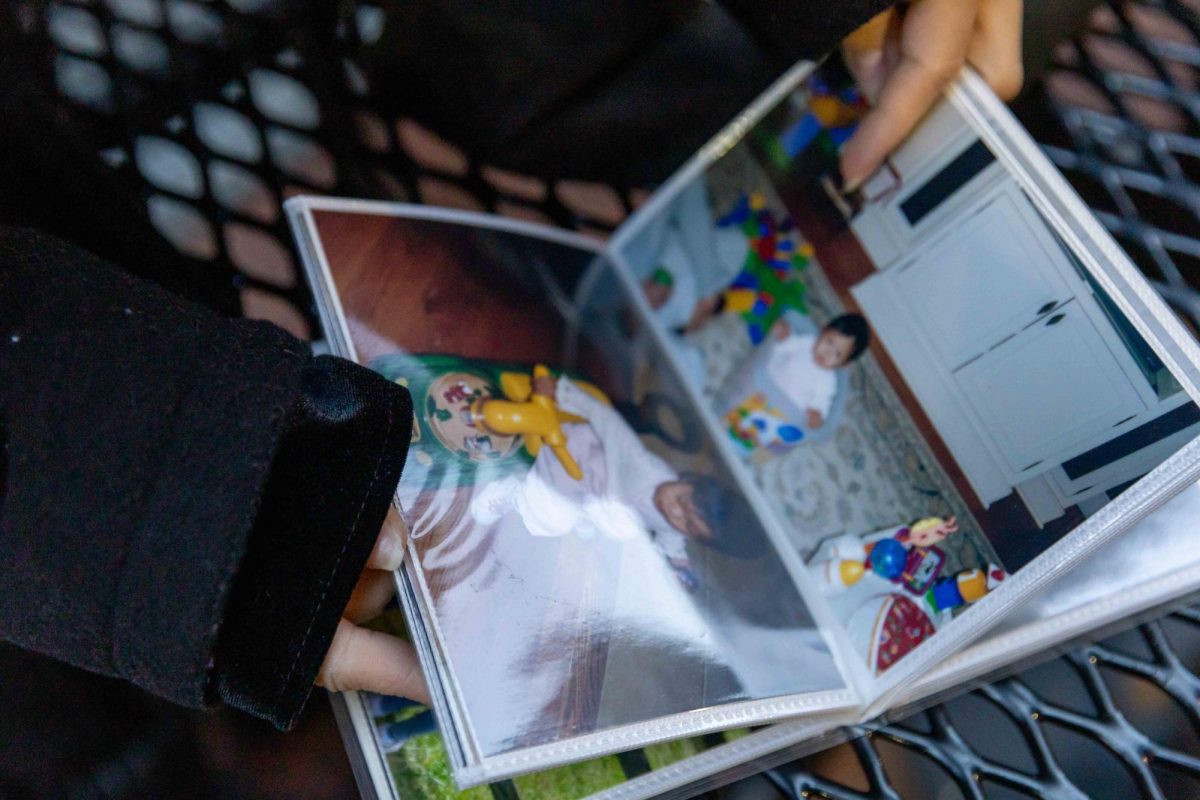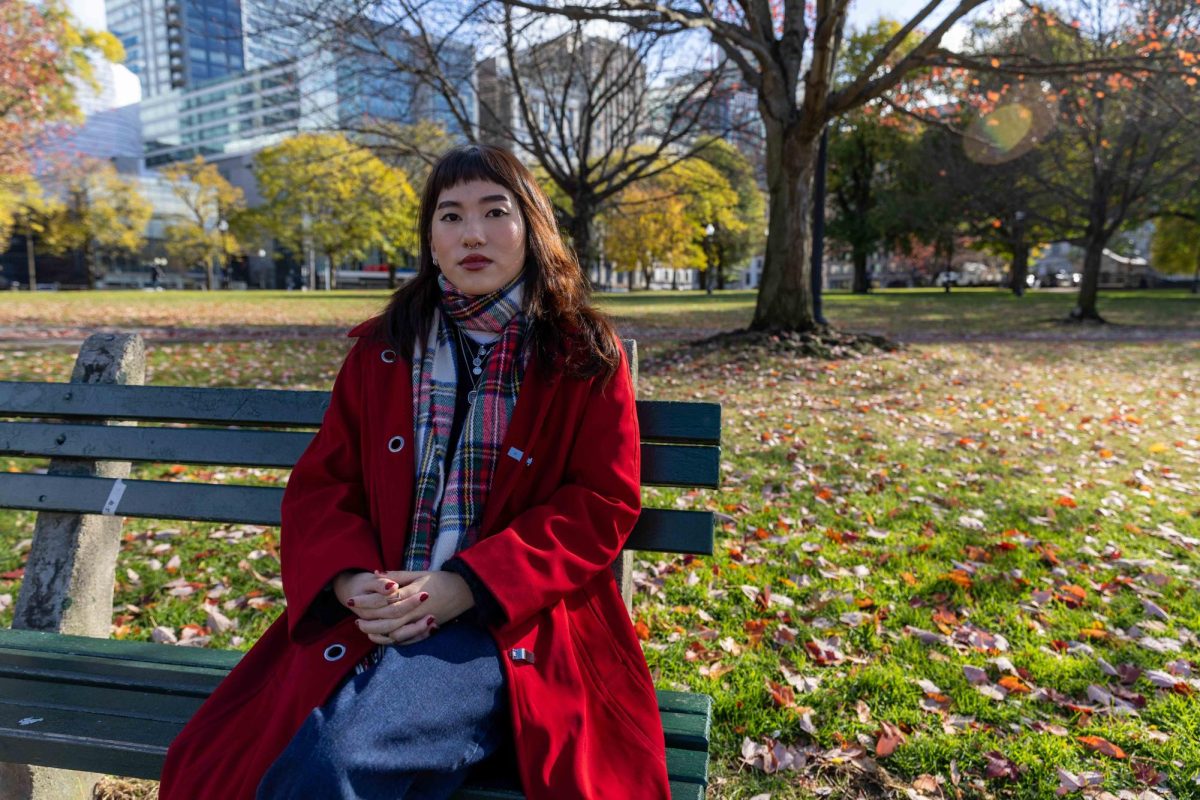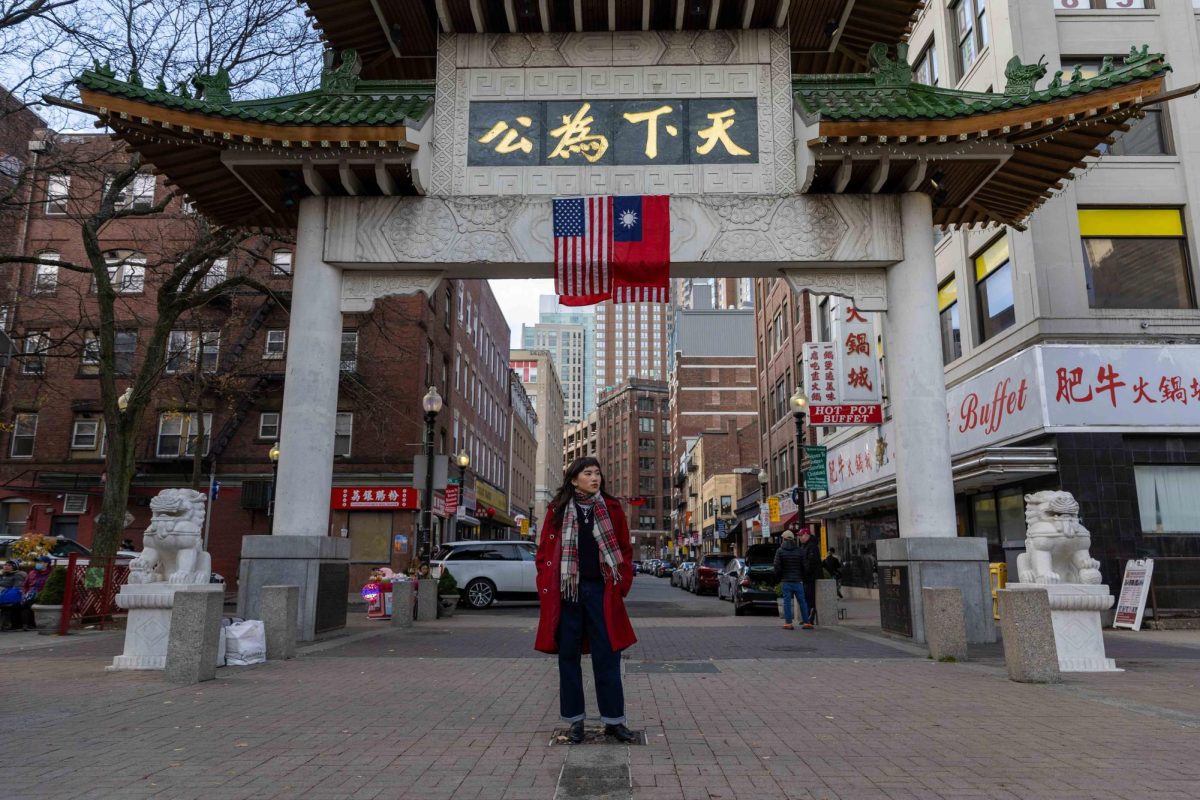For Aili Montague, being a Chinese adoptee makes up a significant part of their identity.
Montague was adopted from the city of Huainan, China, in the Anhui province at around two and a half years old.
“For me, the identity crisis has not only been trying to come into yourself, but also trying to come into yourself when you look in the mirror and there’s a stranger that you see,” said Montague, a sophomore communication sciences and disorders major. “You can’t just go to a family member and say, ‘Oh, I got that from you.’”
But after China ended its international adoption program in September, it brought up more feelings about their adoption experience. The development has left a range of emotions among Chinese adoptees at Emerson.
“Just like anyone else, each adoptee has their own story, so even though we are a community and we share similar experiences because we are adopted, that doesn’t mean that our experiences should be seen as all in one of the same,” said Xinyu Morris, a sophomore student.
The country’s previous one-child policy forced many families in China to put their children up for adoption. As a result, around 160,000 were adopted through the program, with around half of Chinese adoptees being brought to the U.S., according to CNN. However, China’s demographic has significantly changed due to a drop in birth rates. Only children or stepchildren of biological relatives can be adopted by foreigners, according to Mao Ning, the spokesperson for China’s Foreign Ministry.
China originally suspended the program in 2020, but it officially ended in early September.
“At first I kind of had to think about it, because you read it, and then you go to process it, and you go to think about it, and then eventually the thoughts come,” said Montague.
Montague added that some of the negative impacts from the decision are the families whose adoption process were abruptly cut off.
Meanwhile, other adoptees like Morris were sad to hear that China was ending it. “I did not expect it,” Morris said. “There’s so many children that, had they not been able to be adopted, they would have had a miserable life.”

Morris was adopted from Nanjing, China, at 18 months old. They believe that there “are mostly positives for China” in the decision.
“Now that there’s not any more one-child policy, Chinese families can have more than one child and they don’t have to get rid of their daughters, which for the families in China is important,” said Morris. “It’s a common misconception that these birth families give away their children because they don’t love their children, which is not true.”
In 1979, China implemented the one-child policy, which lasted until 2015 and was reversed in 2016.

Under the one-child policy, it was illegal for families to have more than one child, the country’s attempt at regulating its population. China’s international adoption program followed in 1992. Traditionally, boys were preferred over girls, leaving many girls or babies with disabilities left as orphans and put up for adoption.
In 2021, China implemented the three-child policy to slow its population from shrinking further. This allowed for families to have up to three children, and the policy was also supposed to relieve some of the challenges of raising children, according to the BBC.
“It does so much feel like we are this in-between generation of Chinese people who just had a result of a governmental policy sort of predict the trajectory of our lives in a way,” said Montague. They added that China’s decision to end foreign adoptions changes the life trajectory of people who were not adopted.

Lily Farr, an adoptee from the city of Beihai, China, and junior media studies major at Emerson, brought up feelings of displacement, belonging, and identity that come with being adopted.
“I’ve definitely become more introspective and reflective because of it,” said Farr. “It’s something I embrace now and I’m still grappling with it.”
Additionally, international adoption programs in other countries like South Korea, Denmark, and Norway are becoming more uncertain. There have been reports of fraudulent adoptions where adoptees have been kidnapped and documented with inaccurate paperwork, according to The Associated Press.
Controversies tie back to the one-child policy for Morris. “It’s sad to think about that,” they said. “People were taking advantage to do these horrible things to these children.”
With China’s international adoption program now closed off, it is “going to be harder for the younger generations of adoptees” because “there’s not going to be more incoming adoptees,” added Morris. The group of Chinese adoptees like Morris, Farr, and Montague will continue to get smaller as well.
“If anything, it would make us feel even more isolated than we already are … but I think it would definitely make us more attuned to the world around us and make us feel more connected to each other, and related to one another even if we wouldn’t assume anything about it,” said Farr.

Emerson has organizations such as Asian Students In Alliance that raise awareness of the Asian community and its many cultures. Within the Chinese adoptee community, those like Farr, Montague, and Morris emphasize the importance of supporting each other.
“I know it can be hard for some people to have friendships or relationships with people who are older or younger, but honestly setting that aside, having a community of people that kind of understand what you’ve been through in a way, and now have this shared experience of adoption [being] closed off … just coming together as a community is the most important thing,” said Morris.